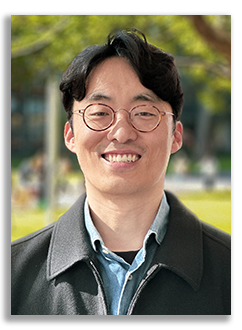
Click image for HiRes
Abstract
This seminar explores how nanoscale insights into colloidal interactions and interfacial chemistry contribute to the advancement of high-performance perovskite solar cells (PSCs). Precursor solution behaviour is examined using techniques such as Dynamic Light Scattering (DLS), Zeta Potential measurements, and X-ray Absorption Near-Edge Structure (XANES), revealing how charge distribution and coordination environments influence nucleation and film stability.
Atomic Force Microscopy (AFM) provides further understanding of the resulting film morphology and crystallinity, highlighting the role of nanoscale features in defect formation and charge transport. These findings inform targeted interface engineering strategies that lead to measurable improvements in device efficiency and operational stability, including under low-light conditions.
By connecting solution-phase dynamics with solid-state structure and performance, the seminar outlines a coherent approach to interface and colloid control, demonstrating their critical role in enabling scalable and efficient PSC technologies.
Click here to see all available video seminars.
Click here to go to the SPREE HOMEPAGE.
Brief Bio
Dr. Jincheol Kim is a Research Fellow at the School of Engineering, Macquarie University, and a Visiting Fellow at UNSW’s School of Materials
Science and Engineering. He received his Ph.D. from UNSW (supervisors: Robert Patterson, Anita Ho-Baillie, Shujuan Huan and Martin Green) specialising in large-area perovskite solar cells. His research covers organic–inorganic hybrid materials, solution chemistry, and scalable thin-film manufacturing. He currently leads a commercialisation project on green solvent-based perovskite modules and previously led tandem device development at the Korea Electronics Technology Institute. Dr. Kim is actively leading international collaborative research between Korea and Australia and has contributed to
multiple national research programs. His work bridges materials science and device engineering, advancing stable and high-efficiency solar technologies.
